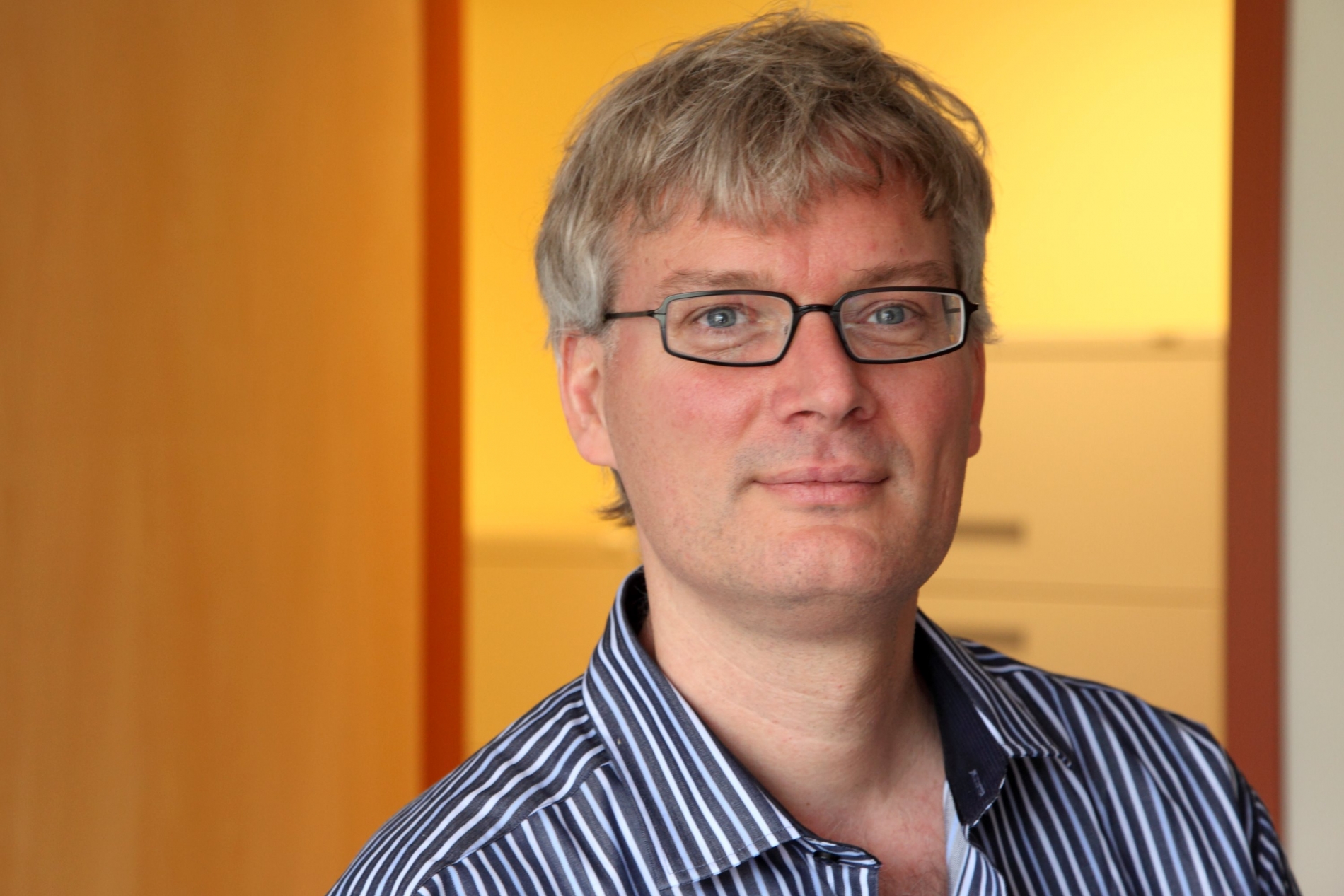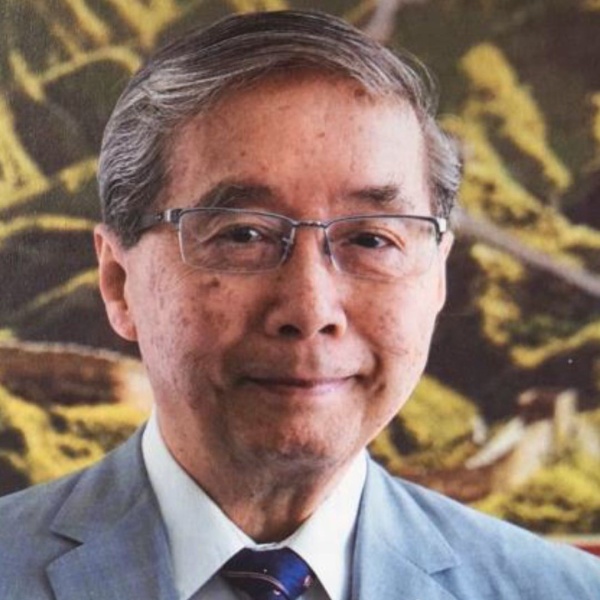Translational Training Programs

The MedTech Talent Accelerator is a collaborative NSERC-CREATE program between McGill's Department of Biomedical Engineering and Toronto Metropolitain University (Ryerson).
This program provides graduate students in the penultimate year of their degree with in-depth training for careers in the medical technology industry, and placement in an industry internship (4 months for Master's, 8 months for PhD).
Visit the MedTech Talent Accelerator website  to learn more and apply.
to learn more and apply.
Contact the translation.bme [at] mcgill.ca (subject: MedTech%20Talent%20Accelerator) (McGill Program Manager) with specific questions.
Translational Courses
Core Courses
BMDE 653. Patents in Biomedical Engineering.
Credits: 3
Offered by: Biomedical Engineering (Graduate Studies)
Terms offered: Winter 2026
View offerings for
Winter 2026 in Visual Schedule Builder.
Description
This is a practical course on patents with emphasis on biomedical engineering applications. The course offers an overview of intellectual property, patents, and the patenting process. The course also provides insights into the strategies relating to commercialization and exploiting of patents, as well as enforcing patents. This
course is designed to help biomedical engineers who will encounter patents in their work and needs to understand the nature and the scope of the patent system, how patents are obtained, and how to commercially exploit a patent.
Most students use Visual Schedule Builder (VSB) to organize their schedules. VSB helps you plan class schedules, travel time, and more.
Launch Visual Schedule Builder

BMDE 654. Biomedical Regulatory Affairs - Medical Devices.
Credits: 3
Offered by: Biomedical Engineering (Graduate Studies)
Terms offered: Fall 2025
View offerings for
Fall 2025 in Visual Schedule Builder.
Description
Regulatory strategies and quality management systems are critical for medical device development. This course provides an overview of regulatory requirements, and familiarize students with the important ISO and IEC standards pertaining to medical device development. This course will provide biomedical engineers with an understanding of the regulatory and quality requirements to translate a medical device idea into a commercial product, and will draw upon the expertise of invited speakers currently working in the medical devices industry.
Most students use Visual Schedule Builder (VSB) to organize their schedules. VSB helps you plan class schedules, travel time, and more.
Launch Visual Schedule Builder

BMDE 655. Biomedical Clinical Trials - Medical Devices.
Credits: 3
Offered by: Biomedical Engineering (Graduate Studies)
Terms offered: Winter 2026
View offerings for
Winter 2026 in Visual Schedule Builder.
Description
This course will train biomedical engineers to understand the clinical and business aspects of transferring a medical device idea into a commercial product. This course provides an overview of the pre‐clinical and clinical testing of medical devices, clinical trials, reimbursement systems, market analysis, sales models, and business models, as pertaining to medical devices. This course will also cover the design of randomized trials, including statistical principles, hypothesis postulating, bias minimization, and randomization methods.
Most students use Visual Schedule Builder (VSB) to organize their schedules. VSB helps you plan class schedules, travel time, and more.
Launch Visual Schedule Builder

BMDE 656. Medical Device
Development Process.
Credits: 3
Offered by: Biomedical Engineering (Graduate Studies)
Terms offered: Winter 2026
View offerings for
Winter 2026 in Visual Schedule Builder.
Description
Development of medical devices from concept to usage in humans. Overview of technical and regulatory processes to ensure safety and efficacy from the perspective of patients and users. Discussion of an existing medical device,
reviewing all steps of the design process and the required documentation for regulatory submission.
Most students use Visual Schedule Builder (VSB) to organize their schedules. VSB helps you plan class schedules, travel time, and more.
Launch Visual Schedule Builder

Complementary Course
BMDE 558. Healthcare Startups and Entrepreneurship.
Credits: 3
Offered by: Biomedical Engineering (Faculty of Engineering)
Terms offered: Fall 2025
View offerings for
Fall 2025 in Visual Schedule Builder.
Description
Introduction to healthcare entrepreneurship, including the unique model and challenges of healthcare technology startups. Emphasis is placed on seeking venture capital investment in a healthcare startup business, including medical technologies (MedTech), pharmaceuticals/biotechnology, research tools, healthcare IT, and digital health, particularly as they differ from one another.
Most students use Visual Schedule Builder (VSB) to organize their schedules. VSB helps you plan class schedules, travel time, and more.
Launch Visual Schedule Builder

Selected Industry Partnerships
Startups & Spin-offs from BME Labs
Clinical Partnerships
- Research Institute of the McGill University Health Centre (RI-MUHC), Artificial Pancreas for Type-1 Diabetes (Ahmad Haidar)
- Montreal Children's Hospital, Mechanics of the Outer and Middle Ear in Newborns and Infants (W Robert J Funnell)
- Montreal Children's Hospital, Predicting Extubation Readiness in Extremely Preterm Neonates (Robert E Kearney)
- Montreal Children's Hospital, Neonatal Intensive Care Unit, ‘More Hugs, No more Wires, Smart Pajamas’ (Robert E Kearney)
- The Neuro (Montreal Neurological Institute – Hospital), MRI-based Neuroimaging and Diagnostics (Louis Collins, Christine Tardif, David Rudko)
- Shriners Hospital for Children, Bone Tissue Engineering (Maryam Tabrizian)
- Artificial Cells and Organs Research Centre (Thomas Chang, Director)
Contact
To collaborate with McGill BME, or for any inquiries, please contact info.bme [at] mcgill.ca


![]() to learn more and apply.
to learn more and apply.![]() , acquired by QYNAPSE Inc.
, acquired by QYNAPSE Inc. ![]() (Louis Collins)
(Louis Collins)
![]() , merged into Neuroflex
, merged into Neuroflex ![]() (Henrietta L Galiana)
(Henrietta L Galiana)
